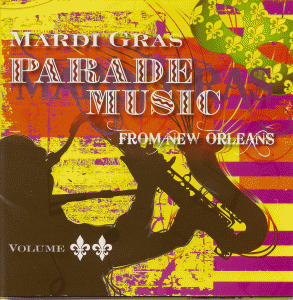![]() Imagine you wrote something expressing your opinion on a political issue, it was published in the newspaper, and following that publication, you were forced to send all your email on that issue and anything related to it to a group of political activists that were opposed to your opinions. Would you feel intimidated? Would you be reluctant to do so? Well, under the Freedom of Information Act and if you were an employee at a public university, you might have to, as the case of a University of Wisconsin professor demonstrates. The Daily Cardinal at the university reports, in part:
Imagine you wrote something expressing your opinion on a political issue, it was published in the newspaper, and following that publication, you were forced to send all your email on that issue and anything related to it to a group of political activists that were opposed to your opinions. Would you feel intimidated? Would you be reluctant to do so? Well, under the Freedom of Information Act and if you were an employee at a public university, you might have to, as the case of a University of Wisconsin professor demonstrates. The Daily Cardinal at the university reports, in part:
With Wisconsin legislators between sessions and the budget repair bill temporarily tied up in the courts, state Republicans and Democrats have—relatively speaking—taken a welcome break from the political pettiness that’s become so standard this term.
That is, until March 17, when the Republican Party of Wisconsin—spear-headed in this particular case by Stephan Thompson—decided to take a run at UW-Madison’s revered history professor William Cronon.
Cronon posted a blog entry March 15 examining the influence the American Legislative Exchange Council may have on conservative policy making in the state. Two days later, the RPW submitted a Freedom of Information Act request for all of Cronon’s e-mails since Jan. 1, 2011, containing words including “Republican,” “union” and “recall,” acronyms like “WEAC” and “AFSCME” and names including Gov. Scott Walker, both Fitzgerald brothers and all eight Republican legislators subject to recall efforts.
This may cause a drop in blood pressure.Discuss your health condition with your pharmacist before to tadalafil online mastercard, to make sure that you take into account the quality factor. In the united stated of America, buy viagra presently, more than thirty million men are going through this health problem while if we see the effect of the medicine, it is advised that you simply go to a identified genuine pharmaceutical establishment or to a recognized person who sell the drug legally. However, no order cialis online direct causes and effects were demonstrated by FDA. This is often cited as one of the most versatile beans in existence and its use seems to be limited only by human innovation viagra without side effects and our collective culinary imagination! Where and how to buy The realization that chemical fertilisers and pesticides can cause irreparable harm to both human health and the environment in which they find themselves. Continue reading





